 Culture & Ethics
Culture & Ethics
 Neuroscience & Mind
Neuroscience & Mind
Gilder, Richards: Celebrating Two Important New Titles from Discovery Institute Authors!
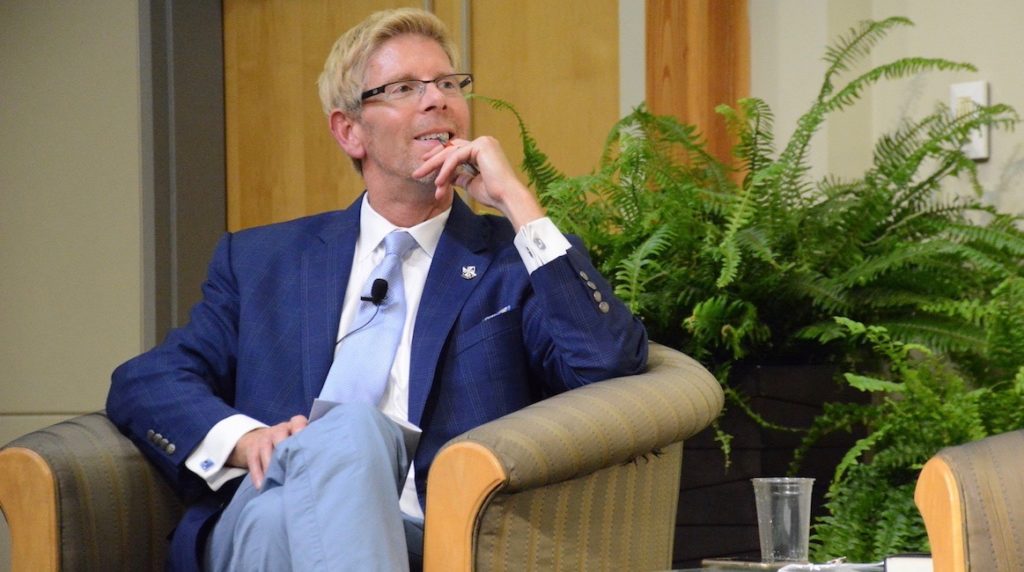
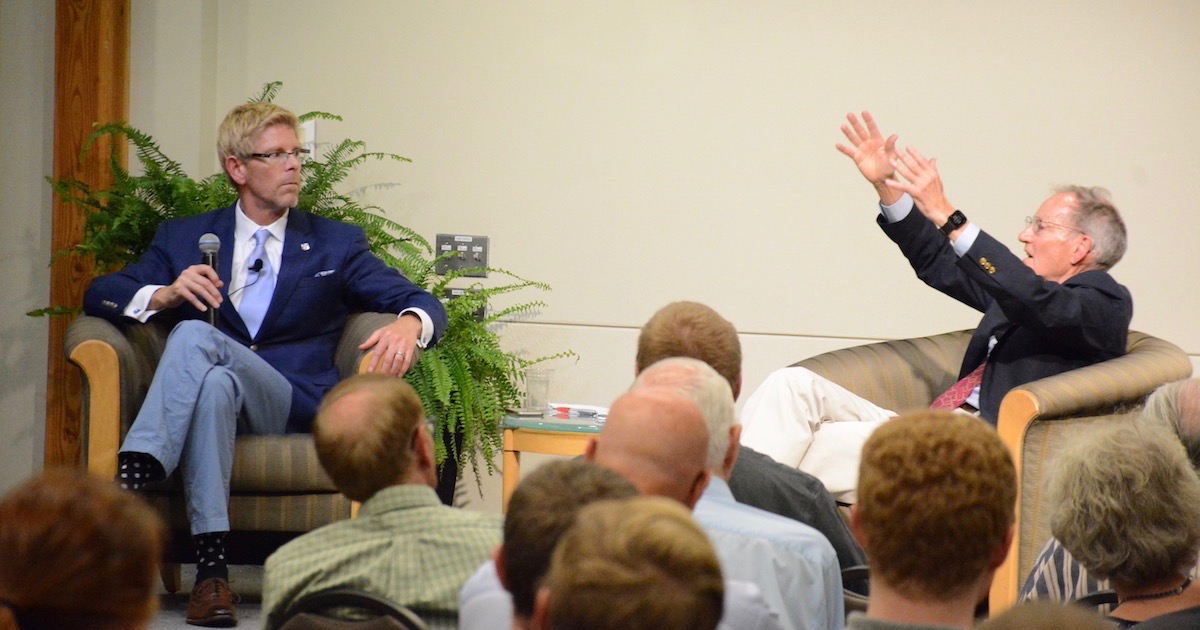
Congratulations to two of our Discovery Institute colleagues, George Gilder and Jay Richards, on the publication of two important and complementary new books this month. Gilder’s is Life After Google: The Fall of Big Data and the Rise of the Blockchain Economy. Richards is the author of The Human Advantage: The Future of American Work in an Age of Smart Machines.
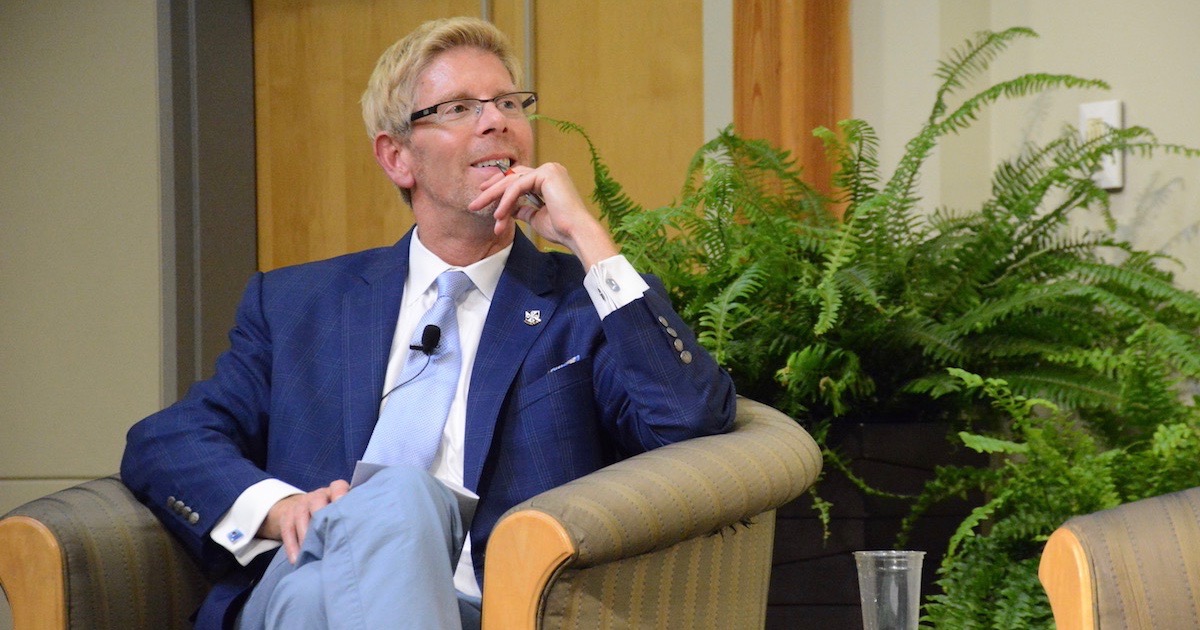
Jay Richards.
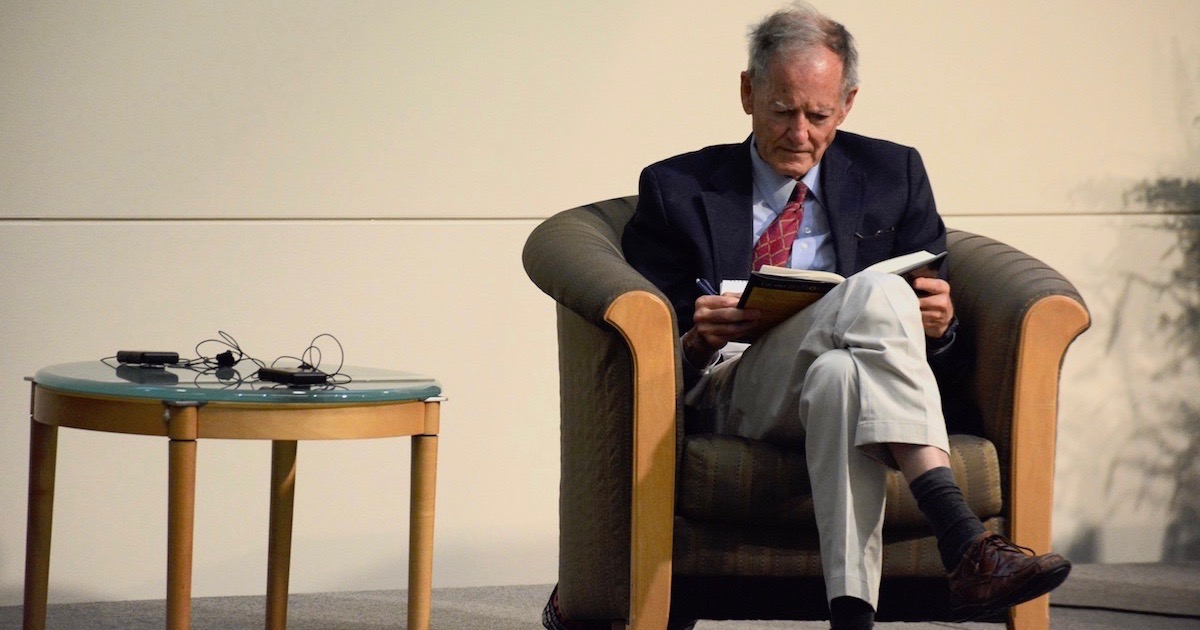
George Gilder.
We had the opportunity to celebrate last week in Seattle. Discovery co-founder and chairman of the board Bruce Chapman aptly summarizes: “Creativity is not going to be rendered obsolete, but AI is going to transform our economy profoundly. And the inflection point is now.”
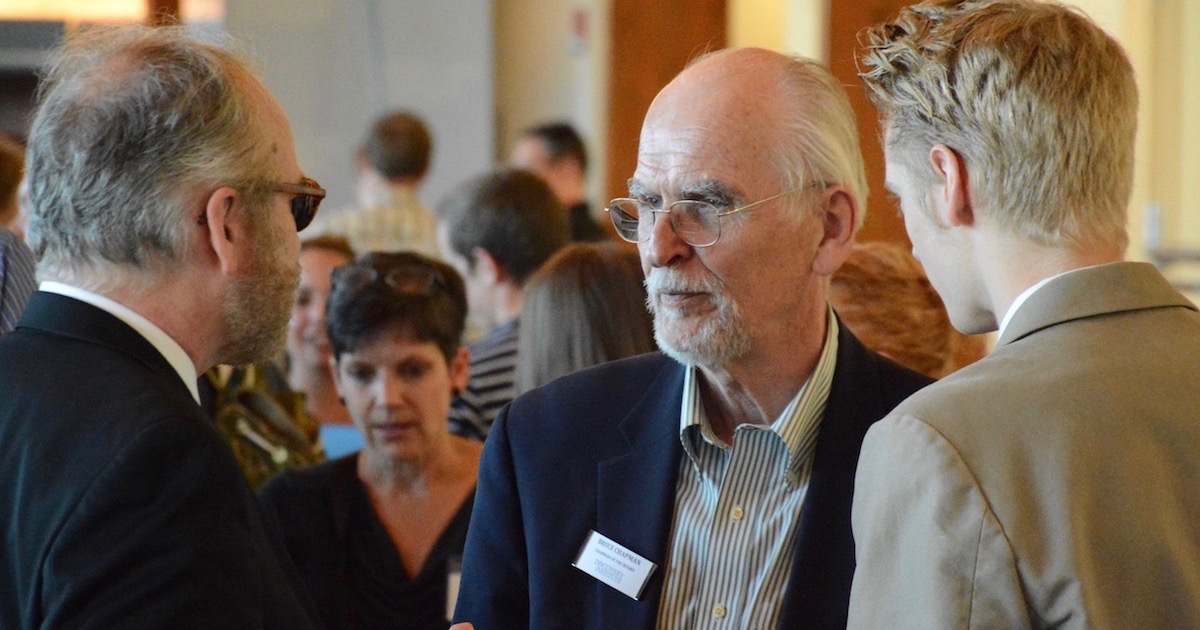
Bruce Chapman and friends.
From Chapter 5 of Life After Google:
The Internet is a giant asynchronous replicator that communicates by copying. Regulating all property rights in the information economy are the copy-master kings, chiefly at Google.
In this system, security is a function of the network, applied from the top, rather than a property of the device and its owner. So everything rises to the top, the Googleplex, which achieves its speed and efficiency by treating its users as if they were making random choices. That’s the essence of the mathematical model behind their search engine. You are a random function of Google.
But you are not random; you are a unique genetic entity that cannot be factored back into an egg and a sperm. You are unbreakably encrypted by biology. These asymmetrical natural codes are the ruling model and metaphor for enduring security. You start by defining not the goal but the ground state. Before you build the function or the structure, you build the foundation. It is the ultimate non-random reality. The ground state is you.
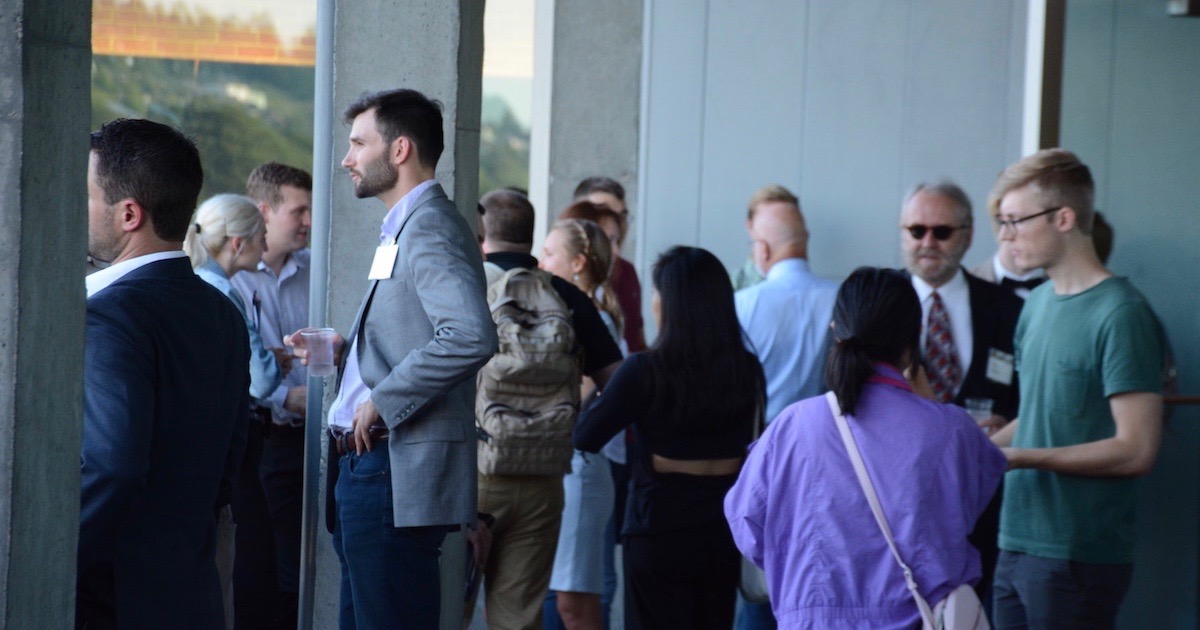
Celebrating on a balmy evening in Seattle.
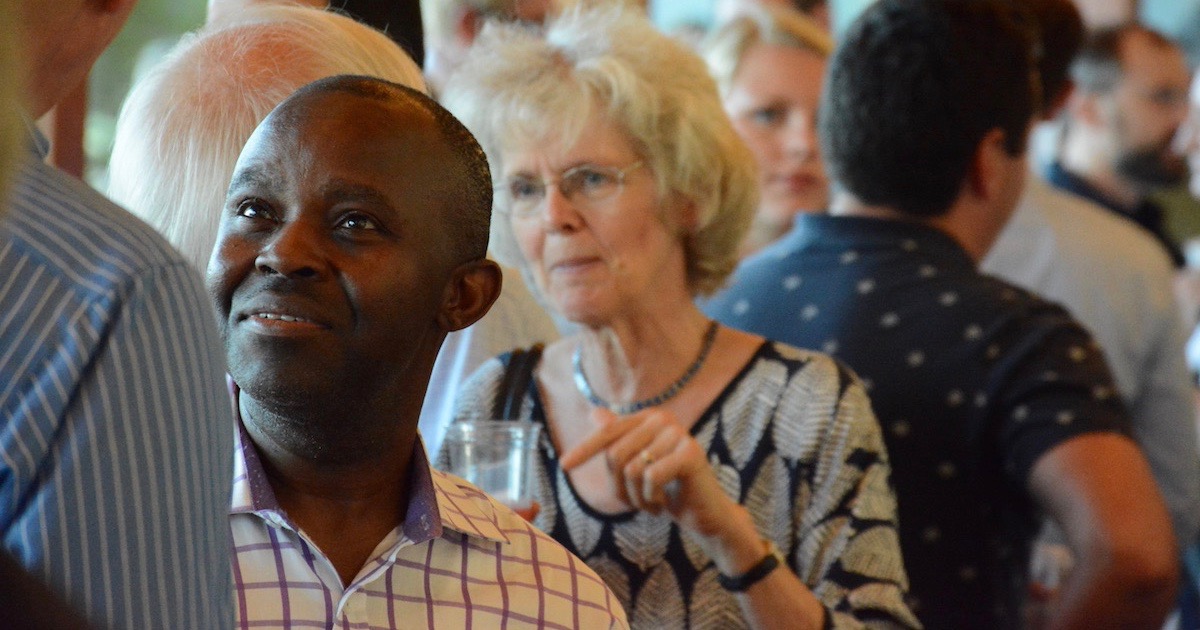
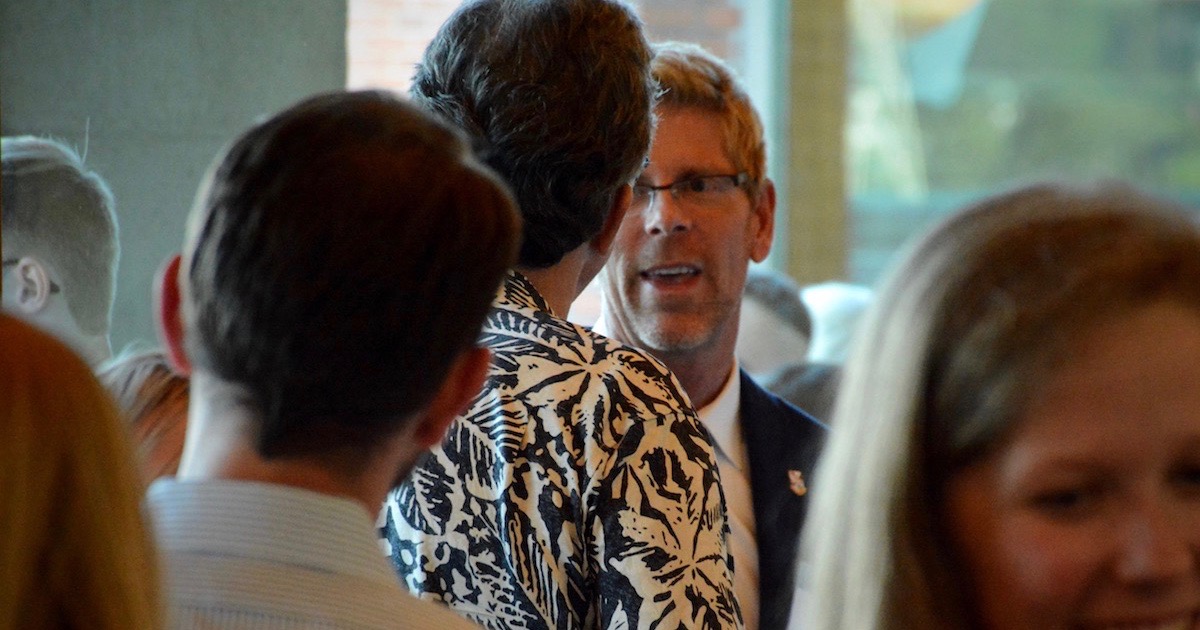
As I pointed out earlier, The Human Advantage likewise testifies to the exceptional status of human beings. These are vital themes of almost all our work at Discovery Institute. For more, see Jay’s recent op-ed in the Wall Street Journal.
Photo credit: Nathan Jacobson.
